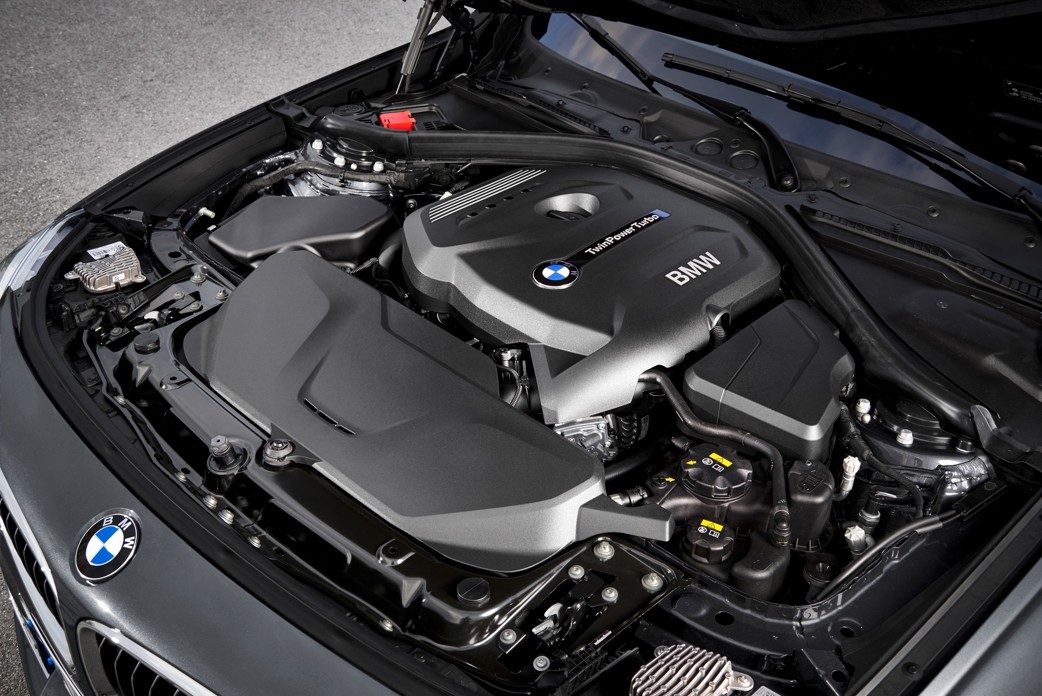- Mercedes-Benz is in discussions with BMW to source four-cylinder petrol engines, with potential supply beginning in 2027.
- Production would be at BMW’s Steyr, Austria facility, which built over one million engines in 2024.
- The talks follow Mercedes’ need for more combustion units for PHEVs, amid difficulties using Chinese-built engines.
Rivals for decades, Mercedes-Benz and BMW might soon share something more than a spot in German motoring lore: engines.
Reports out of Germany suggest that Mercedes is exploring a deal for BMW to supply four-cylinder units, a move that would flip the script on their long-standing rivalry.
When enemies become suppliers
Mercedes’ current woes explain why the idea is on the table.
CEO Ola Kallenius recently admitted margins slipped to 3.2% in Q2, with sales down to 900,000 units in the first half of 2024 - the lowest since 2020. “Cost-cutting measures won’t help if the right products are missing,” he told his management team. One glaring gap? Combustion engines for plug-in hybrids.
Mercedes had previously leaned on China’s Geely for cheaper four-cylinders, but using Chinese-built engines has become politically difficult in key markets. That’s where BMW enters the conversation.
According to Manager Magazin, Kallenius floated the idea with BMW CEO Oliver Zipse nearly a year ago, and technical teams led by Markus Schafer (Mercedes) and Joachim Post (BMW) have been digging into the details since.
What might be in the deal?

If talks pan out, BMW could begin supplying engines to Mercedes from 2027. Production would be handled at BMW’s Steyr plant in Austria, a facility that churned out more than a million engines in 2024.
The initial plan reportedly centres on BMW’s B48 four-cylinder petrol engine, but insiders say diesel options and even drivetrain components might follow.
There’s also chatter of joint US production to dodge tariffs, a move that would give the cooperation a transatlantic flavour. For BMW, the upside is obvious: extra revenue, guaranteed output and a small ego boost knowing even its fiercest competitor might prefer Bavarian power.
A shift in the playbook

For Mercedes, the potential deal underscores a quiet pivot. Kallenius has long trumpeted the march toward electrification, but this would represent a far more pragmatic stance of flexibility instead of outright phase-out.
BMW is already a prolific supplier to brands from Morgan to Toyota. But adding Mercedes to the roster would be something else entirely. Supplying engines to a direct rival is a milestone that could redefine how these German giants coexist.
Exactly which Mercedes models will get BMW hearts, and when, remains unclear. DRIVEN Car Guide understands neither carmaker has confirmed the deal’s scope or timing just yet, though details may emerge in the coming months.





